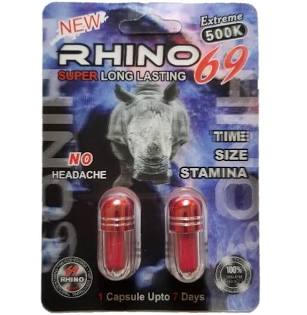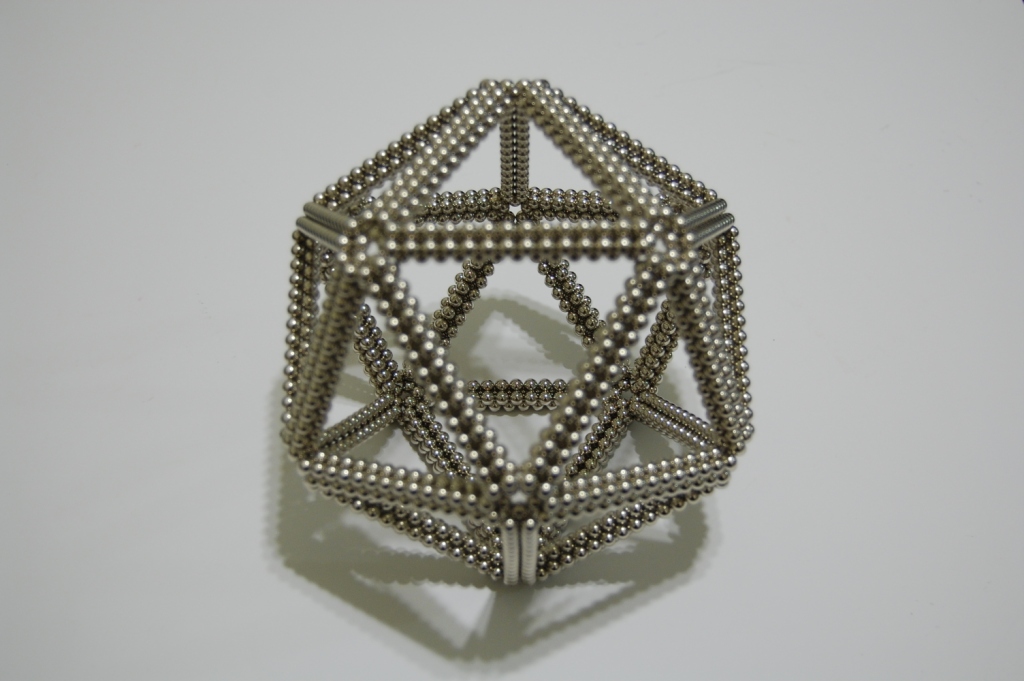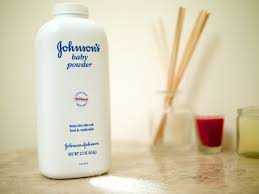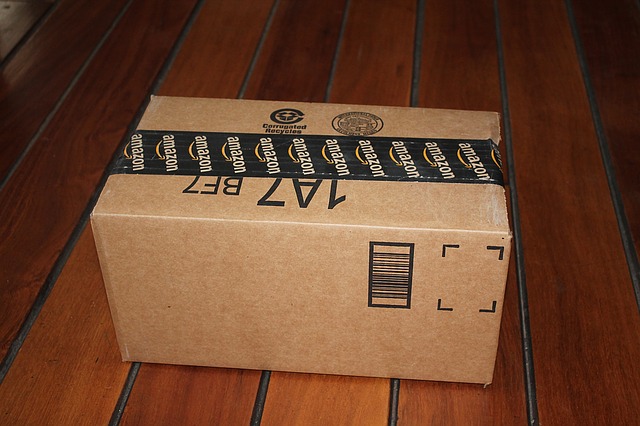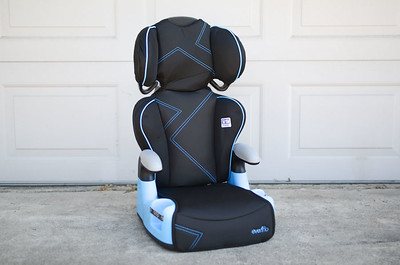High level of carcinogen benzene detected in multiple hand sanitizer products
Some hand sanitizers can be dangerous for consumers as they contain a high level of benzene, a carcinogen which can be absorbed by the skin and cause leukemia and other blood cells cancers. These products are particularly harmful to children. Valisure, an independent lab, recently tested 260 hand sanitizers and found that 44 among them contained benzene and among these 44, 21 contained a level of benzene that was above the 2 parts per million (ppm) allowed in liquid sanitizers by the FDA. These products are especially dangerous to children.
The Top 5 most dangerous hand sanitizers were:
 1. Artnaturals hand sanitizer, SCENT FREE NATURAL ELEMENTS + CLEANSING FORMULA 8 fl oz (236 ml), produced in China and distributed by artnaturals ® ,Gardena, CA 90248
1. Artnaturals hand sanitizer, SCENT FREE NATURAL ELEMENTS + CLEANSING FORMULA 8 fl oz (236 ml), produced in China and distributed by artnaturals ® ,Gardena, CA 90248
 New York Personal Injury Attorneys Blog
New York Personal Injury Attorneys Blog


